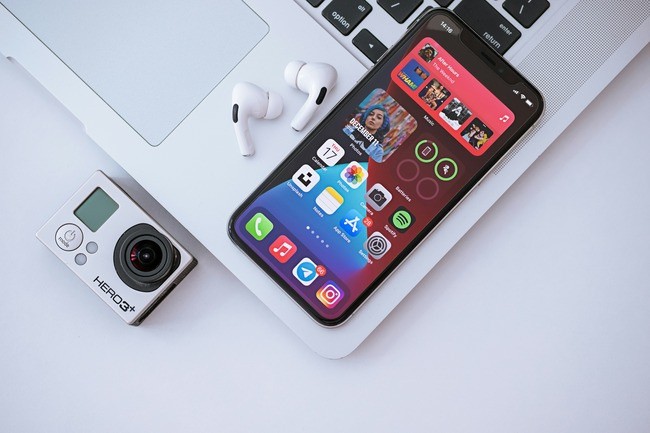
New research reveals that iPhone users unknowingly share personal data when dismissing notifications on popular apps like Facebook, LinkedIn, TikTok, and X.
Security researchers at Mysk Inc. discovered that these apps harvest user information even when notifications remain unopened. The purpose behind collecting this data remains unclear, raising concerns about user privacy.
Tommy Mysk from Mysk Inc., expressed surprise at the widespread use of this practice, highlighting the alarming realization that dismissing a notification triggers the transmission of unique device information to remote servers. User privacy in the digital era is threatened by this disclosure, highlighting the possibility of user data being misused and the need for greater openness in how IT corporations handle personal data.
Famous Apps Use 'Fingerprinting' via Notifications to Collect User Data
According to a recent study, well-known applications, including Facebook, LinkedIn, TikTok, and X, use "fingerprinting" to collect user information through push notifications, even when the apps are closed.
Fingerprinting involves identifying users based on specific device details to deliver targeted advertisements. This approach allows these apps to continue tracking users in the background, bypassing the typical cut-off point for tracking when the app is closed. The data collected through notifications includes IP addresses, phone restart time, free memory space, timezone, display brightness, and mobile carrier information.
Security researchers from Mysk Inc., an app development company, conducted tests that raised concerns about the widespread use of this practice. Although the technique does not violate Apple's privacy rules, as it relies on fingerprinting, the researchers found it surprising that such a seemingly innocuous action as dismissing a notification could trigger the sending of significant device information to remote servers.
Companies like LinkedIn and Meta have categorically denied any misuse of notification data, asserting that the information is solely used to confirm successful notification delivery and enhance the user experience. TikTok and X, also identified in the research, did not respond to inquiries.
The findings underscore growing concerns about user privacy and transparency in app practices, prompting a closer examination of data collection methods through notifications.
Disabling Push Notifications Emerges as a User-Initiated Solution to Mitigate App Tracking via Notifications
To prevent apps from tracking your activity through push notifications, the current solution is to disable push notifications for all apps. While this may be a straightforward approach, it comes with the trade-off of losing the convenience of real-time alerts for various applications. For messaging apps, disabling push notifications could result in delays in group threads and personal chats.
The decision ultimately rests on the user's tolerance for data tracking. A recommendation is to disable notifications for apps that can be managed without real-time alerts. For instance, apps like Snapchat may have notifications turned off, while messaging apps with essential communication functions may keep notifications enabled.
Apple will address this privacy and security concern in the future by implementing measures to prevent apps from accessing user data through push notifications. Until then, the only option is to restrict these apps from sending alerts to minimize potential data tracking.
Related Article : Facebook's 'Link History' Tracking: Disable And Protect Your Privacy
© Copyright 2026 Mobile & Apps, All rights reserved. Do not reproduce without permission.













